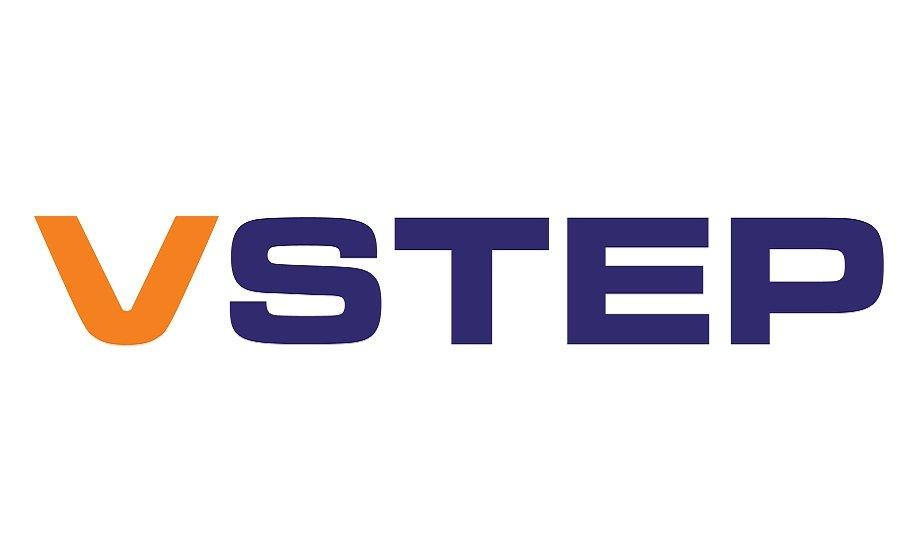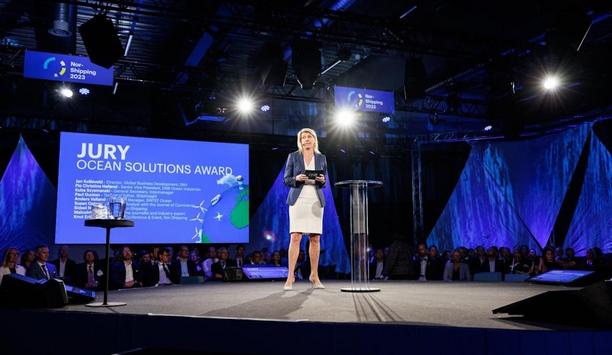VSTEP and Captain AI are partnering to transform maritime training with advanced simulator data. With NAUTIS, VSTEP enables the cost-effective generation of datasets essential for training an AI model that is able to drive an autonomous vessel.
This collaboration’s focus on enhanced computer vision, dynamic state sampling and AI-driven traffic simulation underscores VSTEP’s commitment to innovation and enabling learning by simulation.
Dynamic state sampling
VSTEP will be the first to develop a system that allows for training in a virtual world with autonomous vessels. This hybrid world with real and AI captains is what VSTEP anticipates being a big trend in the future. The project conforms to multiple points outlined in the Kennis- en Innovatie-Agenda from the Topsectors initiative, aimed at advancing the Netherlands and maintaining its competitiveness.
The project will focus on the following global challenges the maritime industry is facing:
- Growing shortage of trained and capable staff
- Safety
- Sustainability and carbon reduction
- Cost reduction
Advanced maritime simulator
NAUTIS, to train the AI model through the generation of synthetic data
VSTEP takes great pride and enthusiasm in its contribution towards alleviating the pressing issues within the maritime industry and enabling learning by simulation.
VSTEP and Captain AI are collaborating on a groundbreaking project that is set to culminate in November 2024. They are utilizing VSTEP’s advanced maritime simulator, NAUTIS, to train the AI model through the generation of synthetic data. NAUTIS enables the creation of a wide array of data and scenarios, enhancing both model quality and training efficiency. Utilizing the NAUTIS API, one can procedurally and automatically generate scenarios without the need for human involvement in dataset creation.
Receiving authentic data
As NAUTIS adheres to standard maritime protocols, the AI model can establish a connection with the simulator in a similar fashion to its interaction with an actual vessel.
When the model operates on an actual ship and receives authentic data, it can apply the insights gained from the synthetic data to the real-world information, leading to consistent outcomes. This innovative approach not only significantly reduces costs but also ensures a safe environment, even when simulating collisions or accidents.
Further insights and validation
VSTEP and Captain AI’s collaboration have three key aspects:
- Improved capabilities for computer vision - In addition to the existing capabilities of NAUTIS to measure data (e.g., velocity, depth, acceleration and distance to another ship etc.), VSTEP is currently developing a video signal feature. This video signal will enable the acquisition of additional data and facilitate the fusion of information to cross-reference it with AIS and radar data. As a result, the acquired video data can be compared with the data already obtained through AIS and radar. These datasets will be analyzed and compared for further insights and validation.
- Dynamic state sampling - NAUTIS will be optimized to eliminate any warm-up time. The implementation of fast-forward effects will ensure both visual and hydrodynamic accuracy. Thereby, it will facilitate the generation of multiple data sets within a significantly reduced timeframe.
- Implementation of VSTEP partner’s AI traffic in NAUTIS simulator - Autonomous ships and vessels can undergo self-training, leading to increased realism in their operations. These autonomous entities are equipped with the capability to set specific goals and determine the most optimal routes while actively avoiding collisions. By observing how other ships behave in traffic, students can gain valuable insights into maritime traffic patterns and behaviors. This will also prepare students for the seemingly inevitable hybrid world where both autonomous vessels and human controlled vessels will share the same waterways.
Realistic training experiences
Working with VSTEP has been transformative for maritime training for humans and AI algorithms alike"
“Working with VSTEP has been transformative for maritime training for humans and AI algorithms alike. Our ongoing collaboration with VSTEP aims to enhance simulator technology to offer more realistic training experiences in the future. The results of our collaboration extend beyond traditional methods, setting new ambitions for the industry. Together, we’re better equipping maritime professionals and ships for the challenges ahead,” said Gerard Kruisheer, Co-Founder & CTO at Captain AI.
The collaboration with Captain AI plays a role in VSTEP’s development of a distinct module featuring innovative content designed specifically for autonomous ships. This advancement gains further momentum through the integration of Captain AI’s AI auto pilot, infusing the simulations with genuine traffic scenarios to enhance the overall sense of realism. This further enhances the educational experience for sailors while also underscoring the invaluable role of artificial intelligence in facilitating this process.
Potential of autonomous ships
“As a progressive organization, we acknowledge the immense potential of autonomous ships in the near future. Embracing and supporting this transformative technology aligns with our commitment to innovation and progress. Our active participation in this initiative demonstrates our determination to be at the forefront of autonomous ship development and contribute to the advancement of cutting-edge technology in the maritime industry. By supporting autonomous ship systems, we aim to lead the way in shaping the future of maritime transportation, creating safer, more efficient and sustainable solutions for the industry,” said Maarten Meulemans, Software Engineer Director at VSTEP.
VSTEP’s dedication to creating safer, more efficient and sustainable solutions for the industry emphasizes their mission of enabling learning through simulation. Guided by innovation and the pursuit of effective training through simulation, VSTEP positions itself as a significant contributor to the emergence of autonomous vessels.












